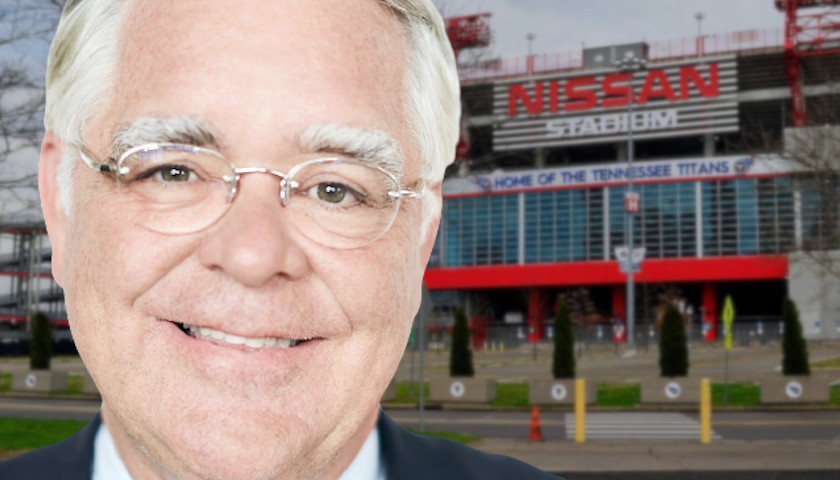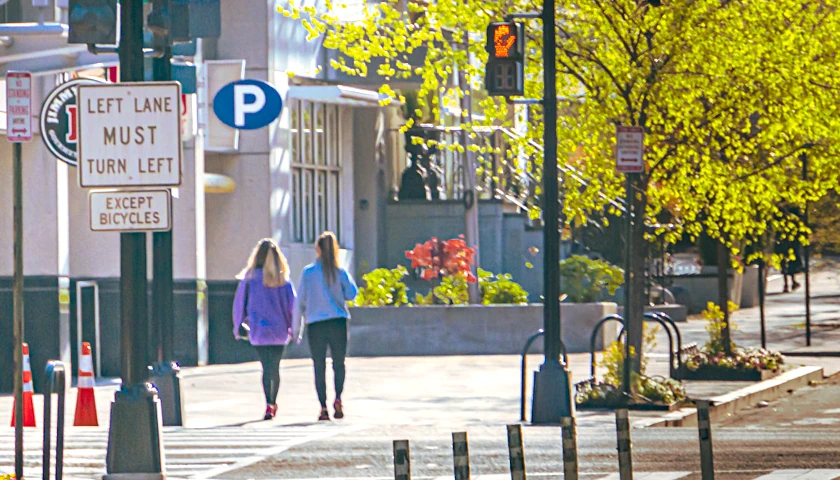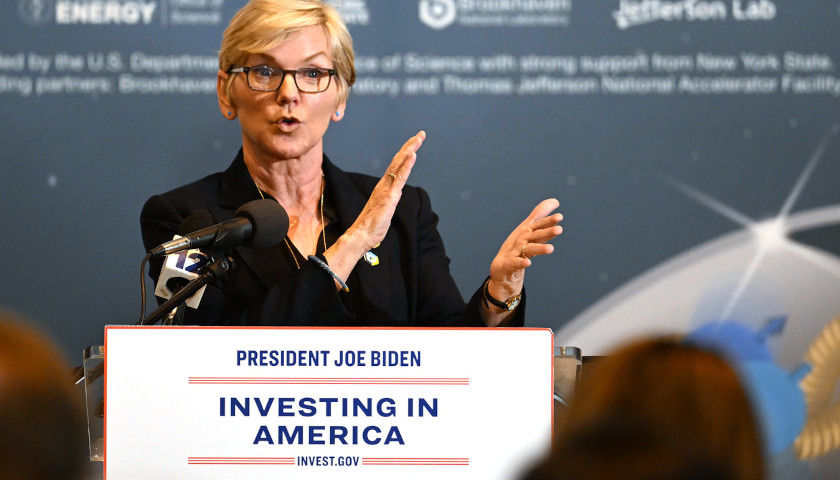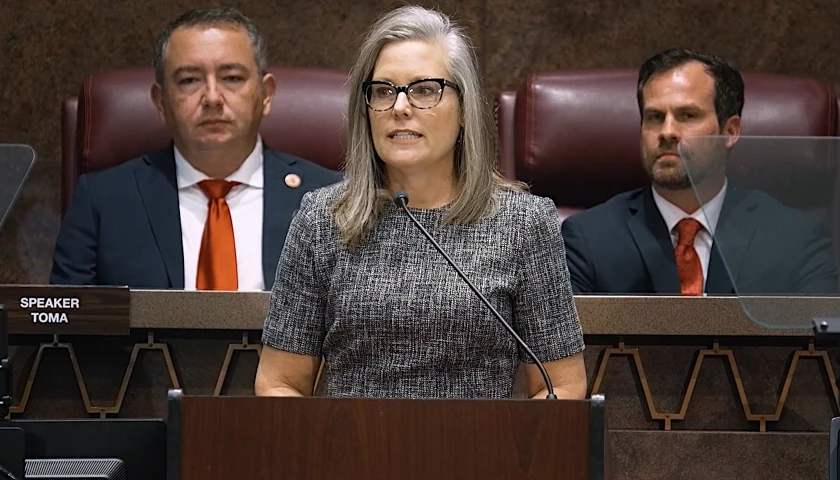by Jon Styf
Nashville Mayor John Cooper presented his case for public funding toward a new Tennessee Titans stadium in an op-ed posted Thursday by The Tennessean.
While those arguments were presented, Cooper did not include any numbers on how much the city plans to contribute to what is estimated to be at least a $2 billion stadium with a $700 million city investment and $700 million from team ownership, which could include a $200 million NFL loan.
J.C. Bradbury, an economist from Georgia’s Kennesaw State University who studies stadium impacts, said the lack of financial details in Cooper’s argument is concerning.
“Part of the problem is the transparency here,” Bradbury said. “These numbers haven’t been put out there and all of the economic impact report numbers we’ve seen have been put out by the Titans.
“… Clearly, the Titans saw this as an opportunity to get a new stadium. (Politicians) are swallowing it and believing it to be true and, I think a lot of it is that people want it to be true.”
Cooper’s argument included several bullet points on how funding will work for the new stadium, stating that any cost overages and future maintenance on the stadium will be the responsibility of the Titans.
“Under no circumstances will property tax or sales tax increases pay for stadium construction or future stadium maintenance or renovations,” Cooper wrote. “The primary funding source for stadium construction will be the Titans and visitors to Nashville and the stadium campus. Taxpayers will be protected in the event of construction overruns.”
Bradbury, however, said that sending funds that Nashville normally would take in to pay for city funded work and giving it to the Titans is the same as committing general fund dollars, because those same taxes are the current source of plenty of general fund dollars.
“It’s a misnomer to say that it’s not raising taxes on locals because what you’re doing is transferring commerce that was already taking place in Nashville that was generating sales tax revenue for the city and state and then diverting that to the Titans,” Bradbury said. “So that’s revenue that was previously going to funding other priorities for government that now has to be made up through other means.”
Cooper also said that the city would not sell any land on the East Bank near the stadium to pay for a new stadium.
The state of Tennessee already committed $500 million toward the project in this year’s budget along with future sales tax amounting to 5.5% of all sales at the current and future stadium for all events and half of that total for any sales in a neighborhood built around a new stadium.
When it’s all built, it’s estimated to have a $10 million annual tax impact, equal to a potential new 1% hotel/motel tax that could be approved for all of Davidson County.
Bradbury said that studies have shown hotel/motel taxes are not just paid by visitors but the tax incidence has a cost that also goes to hotel owners as prices rise and convention groups and visitors choose whether to pay the higher prices.
“The reality is that this isn’t going to attract many new people or new commerce to Nashville,” Bradbury said. “This is just going to reallocate commerce to a new area. People who might have been spending money in another part of Nashville, now they’re spending it in another part of Nashville.
“You’re either going to have to cut government services that were funded by that revenue or you’re going to have to raise taxes through other means.”
Bradbury has thoroughly studied the Atlanta Braves Stadium, Truist Park, and the entertainment complex built surrounding it in Cobb County, Georgia.
“Using the Truist Park example, that’s actually very different than what’s going on in Nashville in a bad way for Nashville,” Bradbury said. “… In Nashville, you’re putting a stadium right next to where the old stadium was. So, you’re not actually seeing any new commerce from people coming to see Titans football games.”
Bradbury also questioned renovation estimates put out recently by the Titans, with costs nearing $1 billion. And he questioned whether a new stadium was the Titans’ plan all along, with how quickly the plans and pictures of a potential stadium came out after the announcement, saying “You can’t do that quickly. This has been in the works for over a year, clearly, and the mayor has been in on it.”
Titans CEO Burke Nihill recently said that some details of the new stadium, such as whether it will have a retractable roof or a dome, have not been determined.
“Tourists and spending around the stadium will pay for this project, not your family,” Cooper said in his op-ed. “We are working on plans for a new stadium because doing nothing is not an option, and renovating the current stadium would be financially irresponsible.”
NewsChannel 5 in Nashville last week reported that 15 lobbyists were hired to promote the deal at Tennessee’s State House, including the wife of Tennessee Senate Finance Chairman Bo Watson, R-Hixson.
“There’s a reason why these things are rushed and done quickly,” Bradbury said. “At the end of the day, in particularly a situation like Nashville … Nissan Stadium is a new stadium. There is no reason to do this right now.
“That’s another thing that’s important in this deal is how it’s been rushed through and not been presented openly and transparently to the public to make the public feel like this is a good deal.”
– – –
Jon Styf is an award-winning editor and reporter who has worked in Illinois, Texas, Wisconsin, Florida and Michigan in local newsrooms over the past 20 years, working for Shaw Media, Hearst and several other companies.
Photo “John Cooper” by John Cooper.








